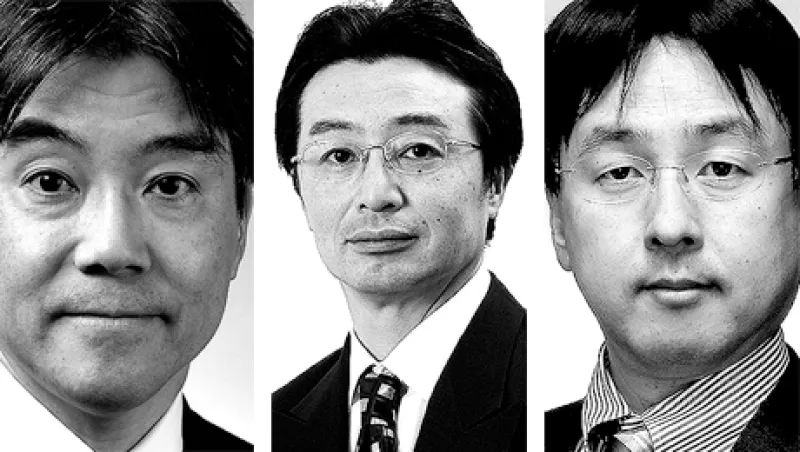
Nomura Tops Japan Research Ranking for Fourth Year
For a fourth year running, Nomura Securities Co. tops our exclusive annual ranking of the country’s best sell-side analysts.
Thomas W Johnson
April 8, 2013


